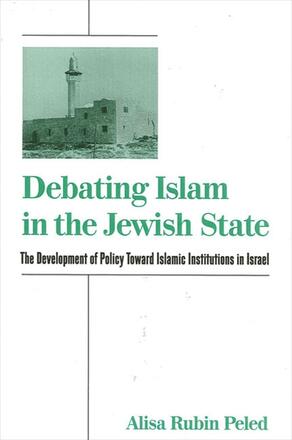
Debating Islam in the Jewish State
The Development of Policy Toward Islamic Institutions in Israel
Alternative formats available from:
Covers Israel's policy toward Islamic institutions within its borders, 1948-2000.
Description
Using declassified documents from Israeli archives, Alisa Rubin Peled explores the development, implementation, and reform of the state's Islamic policy from 1948 to 2000. She addresses how Muslim communal institutions developed and whether Israel formulated a distinct "Islamic policy" toward shari'a courts, waqf (charitable endowments), holy places, and religious education. Her analysis reveals the contradictions and nuances of a policy driven by a wide range of motives and implemented by a diverse group of government authorities, illustrating how Israeli policies produced a co-opted religious establishment lacking popular support and paved the way for a daring challenge by a grassroots Islamist Movement since the 1980s. As part of a wider debate on early Israeli history, she challenges the idea that Israeli policy was part of a greater monolithic policy toward the Arab minority.
Alisa Rubin Peled is Lecturer in the Department of Public Policy and Administration at Ben-Gurion University of the Negev.
Reviews
"Peled discusses a very important topic—the Islamic movement in Israel—and relates it to the wider topic of Islamic movements in the Arab world. This is essential reading in the study of Arab-Jewish relations in Israel, and also contributes to the scholarship on majority-minority relations in ethnically divided societies." — Mohammed Abu-Nimer, author of Dialogue, Conflict Resolution, and Change: Arab-Jewish Encounters in Israel